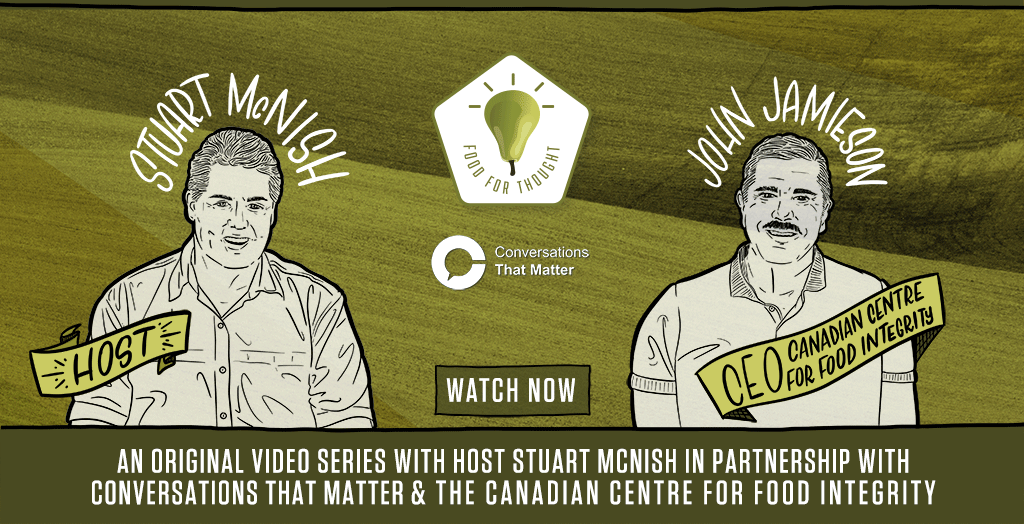
FOOD FOR THOUGHT
Have you ever wondered how food comes alive? Terms like “farm to fork” or “farm to table” aren’t just buzz words. They’re representative of a larger movement that seeks to understand and appreciate the complex network that makes up our food system.
Whether you’re a foodie or just trying to put food on the table, the pursuit for tasty, affordable and nutritious meals is universal.
Today’s agricultural supply chain delivers the goods because it’s highly sophisticated, constantly evolving, and has embraced technology and innovation like never before to ensure the needs of Canadians continue to be met.
But where does that food begin? Gone are the days of pitch forks, straw hats, and imprecise almanacs. Farming these days is precise in execution. Drones, GPS tracking, lasers, and remote sensing all play a part in the management of a healthy crop. It’s digital, it’s data-driven, and it’s controlled from smartphones and tablets. Heck, career opportunities abound in agriculture, the likes of which were unfathomable just a decade or two ago.
It’s time to engage in conversations around food, during a critical time when Canadians are asking good questions. Let’s help everyone better understand Canada’s food system and what’s being done day-in and day-out to ensure we all have access to healthy, affordable and abundant food.
It’s also a chance for us to unite members and stakeholders from across Canada’s food system—from grower to grocer to grandma—at a time where collaboration is vital.
Food For Thought, a partnership between Bayer, the Canadian Centre For Food Integrity (CCFI), and veteran journalist and broadcaster Stu McNish, will take you on an eye-opening journey, examining issues critical to ensuring the resiliency and sustainability of food supply, production, safety, and security in Canada.
Join us as we explore Canada’s food supply system and take the opportunity to learn more about the complex, varied, nuanced and ever-evolving world of food, while also taking the time to listen to the agriculture industry, as they share their unique stories with us.
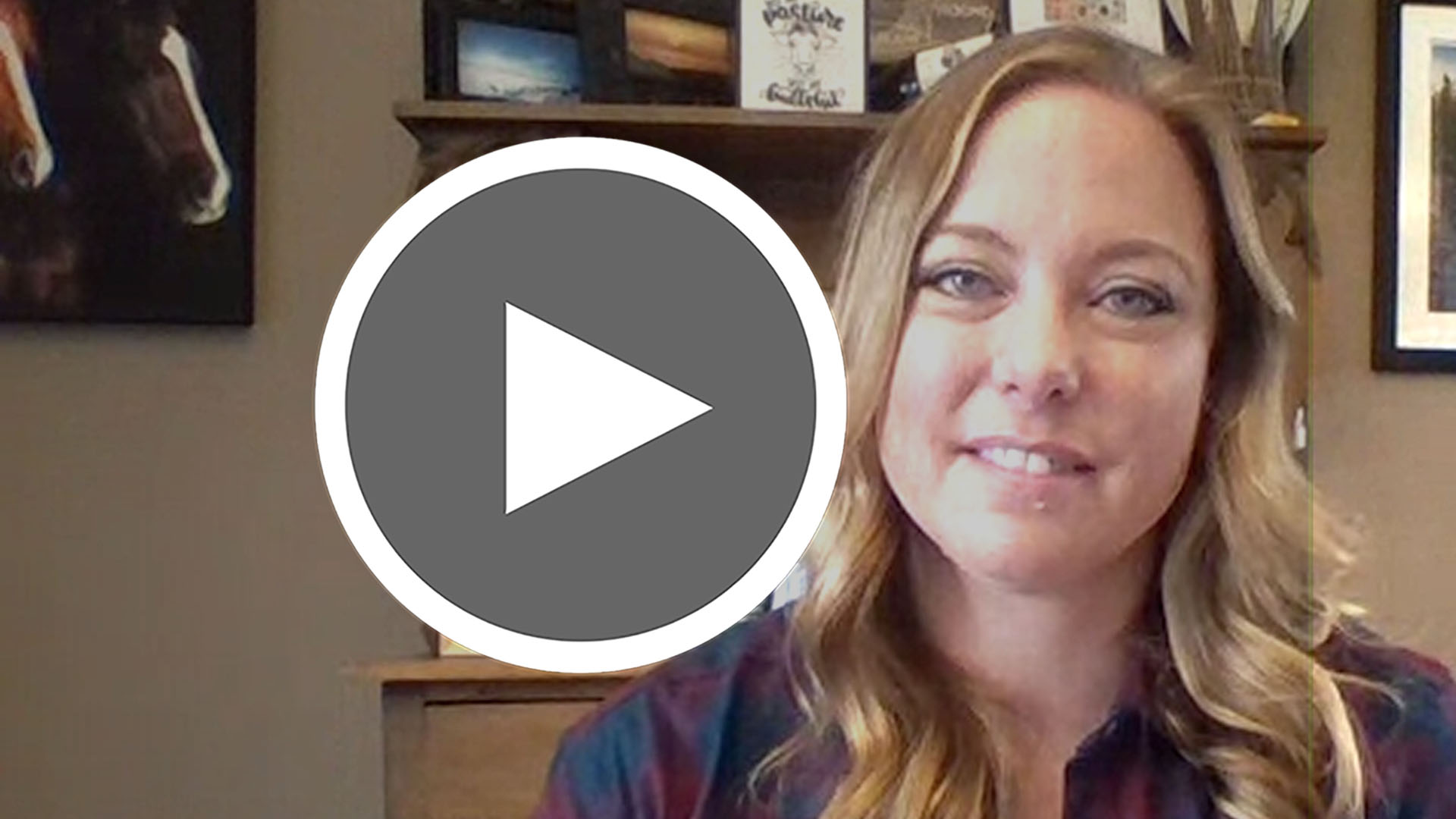
ADRIENNE IVEY
Blogger, speaker, and cattle rancher Adrienne Ivey seeks to change the image we see when we picture corporate farmers. Ivey and her family run their farm as a business, just like 95% of the major Canadian farms that are also family owned and operated. Messy kids and all.
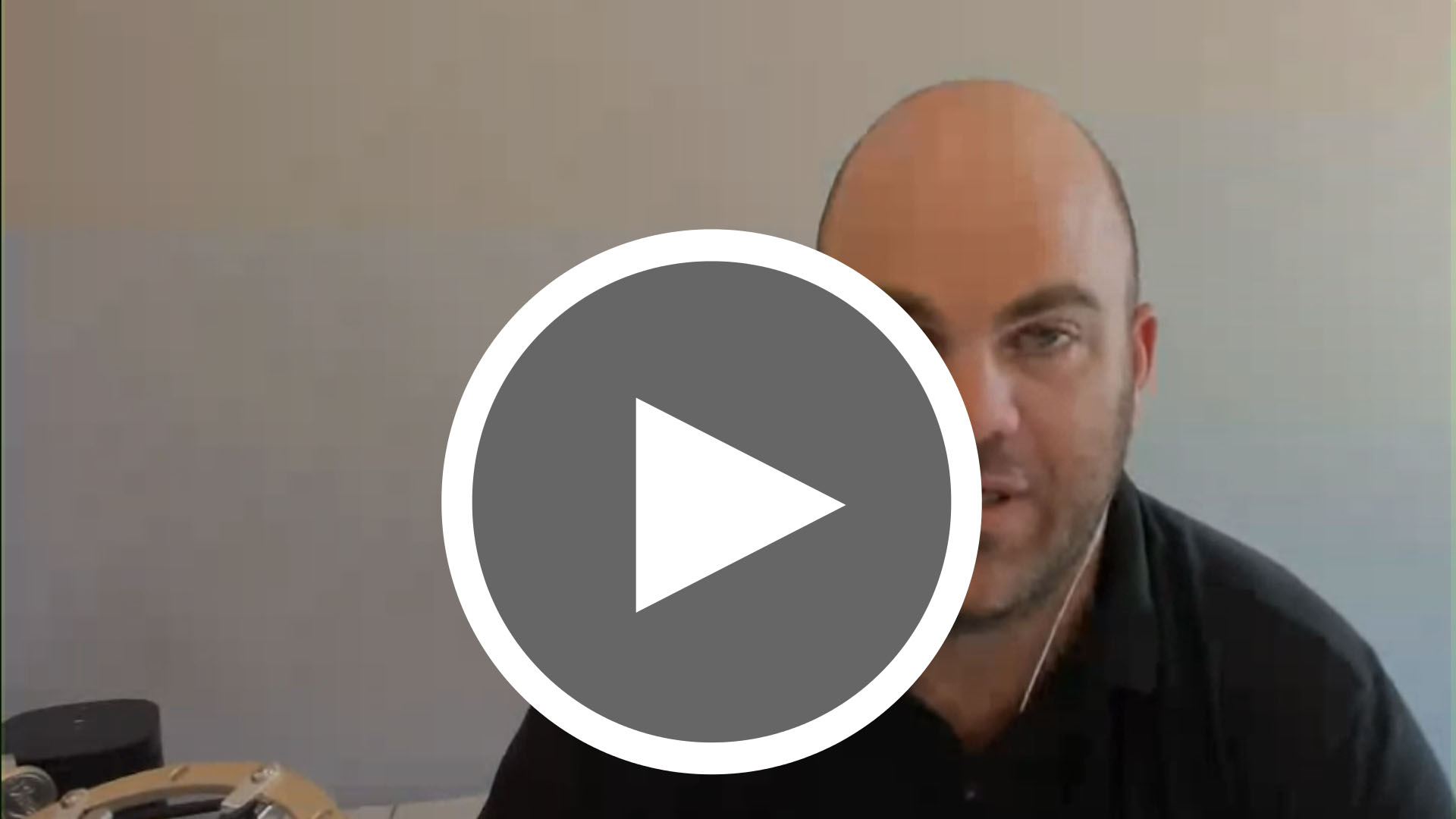
KRISTJAN HIEBERT
An agriculture innovator and farmer, Kristjan Hiebert knows that farming is a risky business. Whether leaning into modern technologies or staying on top of finances, Hiebert highlights the risk management practices every farmer needs to utilize to keep their business thriving.
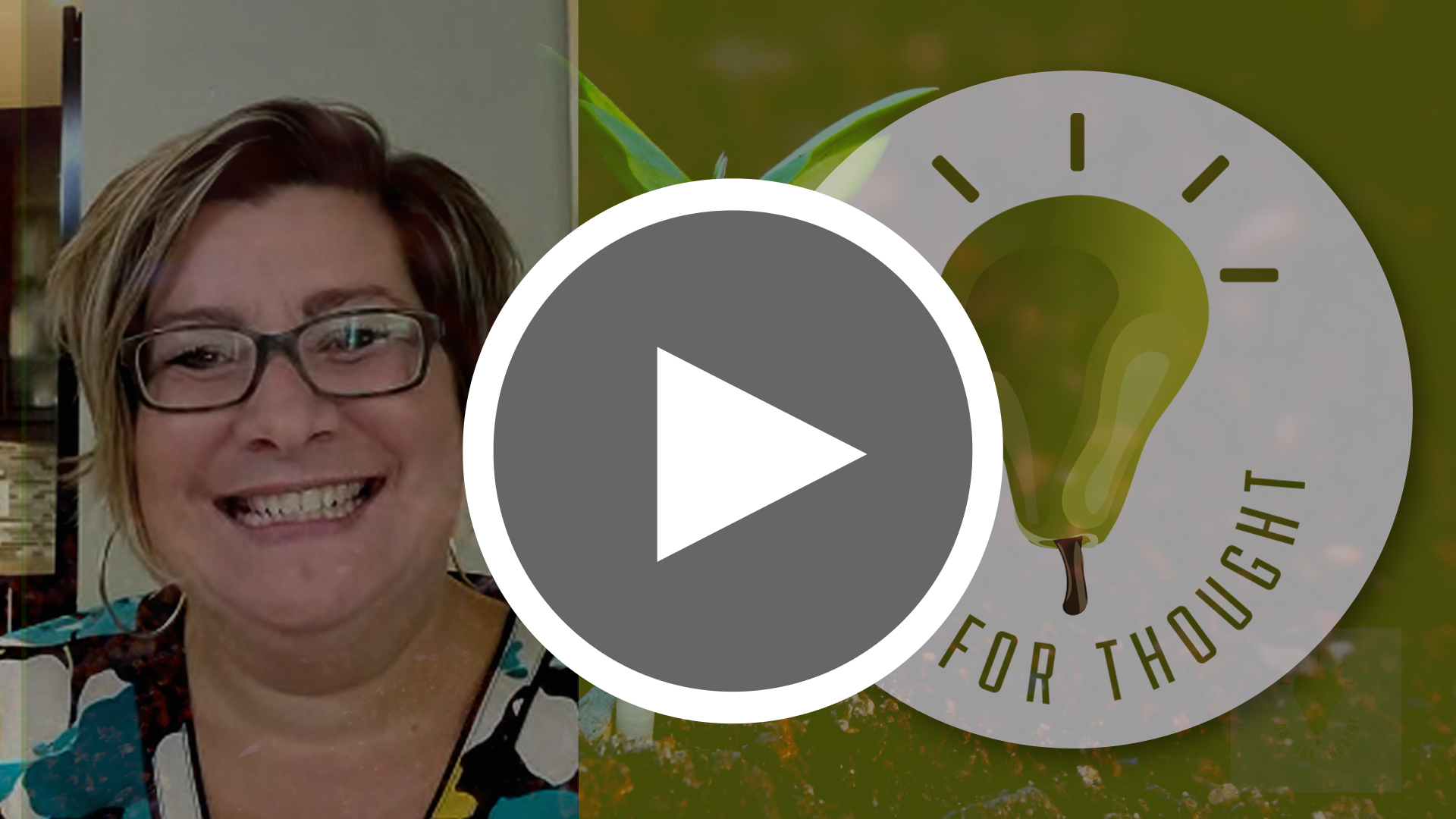
ELLEN PRUDEN
Ellen Pruden knows a thing or two about canola, the made-in-Canada oil named after the country itself. Directing the Canola Eat Well program out of the Manitoba Canola Growers Association, her goal is to educate Canadians on both canola’s nutritional and economic benefits. Here she discusses the oil’s origins, flavour profiles, health effects and impact on Canadian trade.
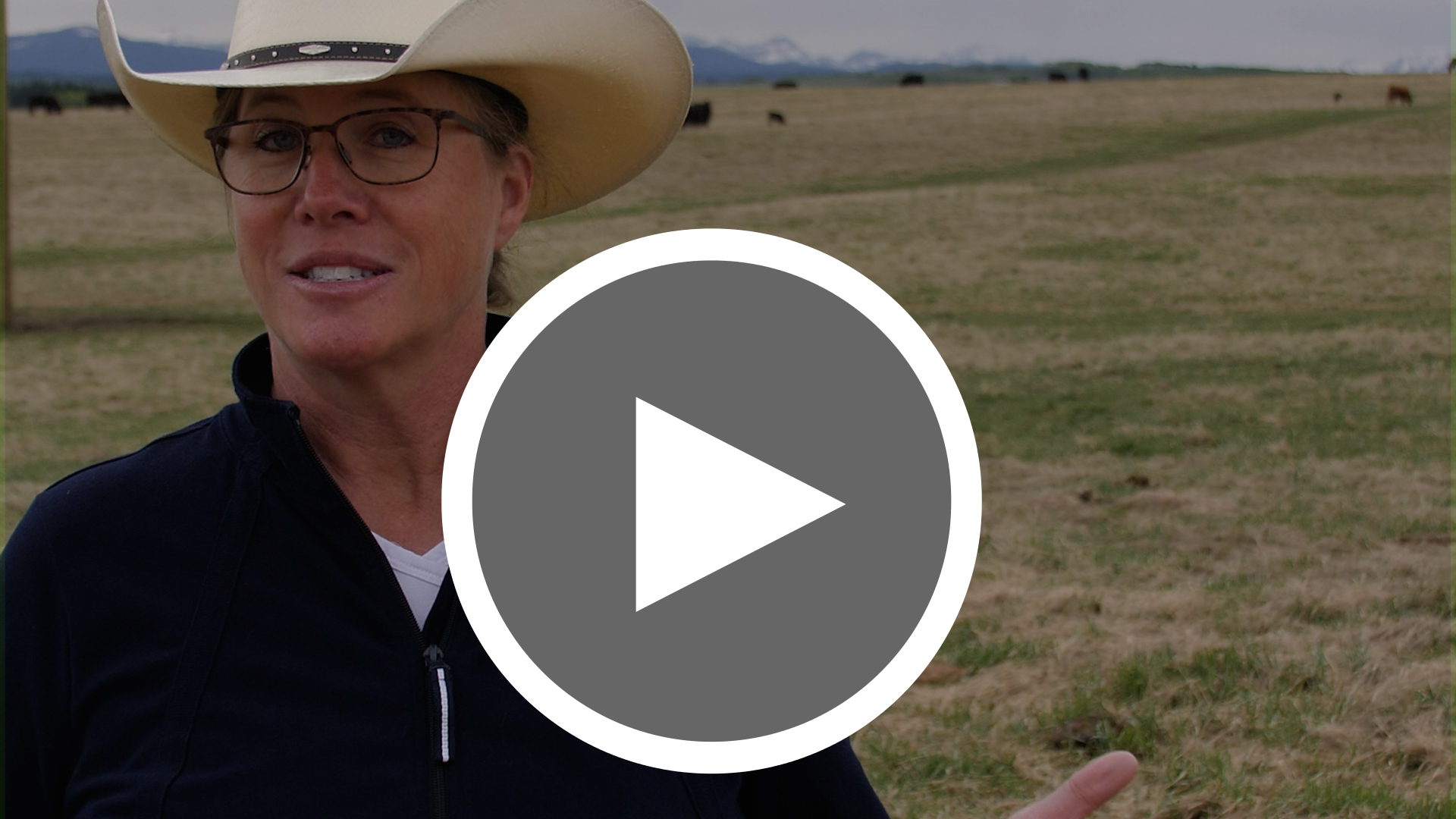
CHERIE COPITHORNE-BARNES
Cherie Copithorne-Barnes is a fourth-generation cattle rancher in Alberta, overseeing a ranch that’s been in operation for 133 years. She discusses the cattle industry’s necessity and impact in Canada, along with how ranchers are addressing sustainability and the concerns of consumers.
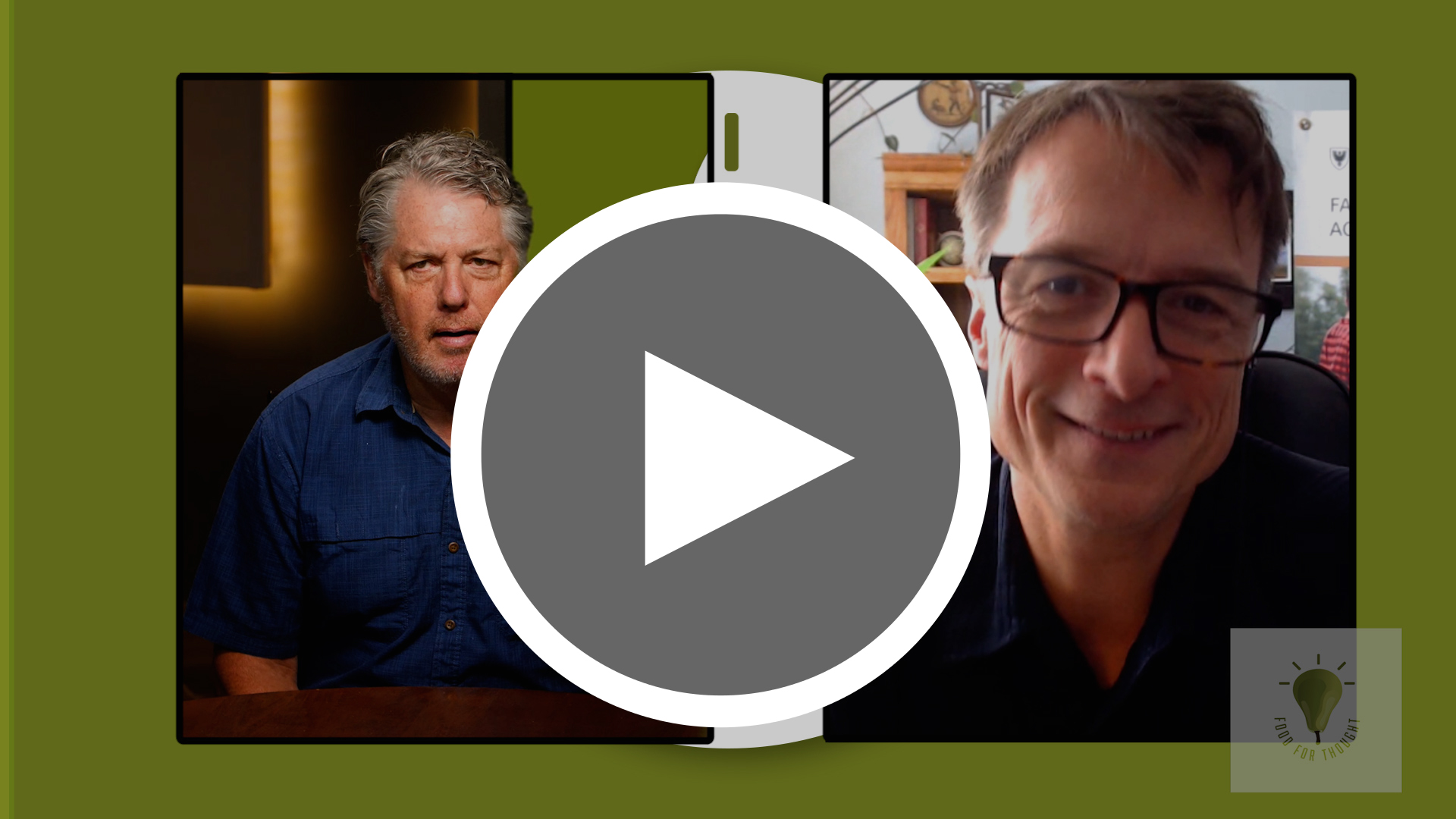
SYLVAIN CHARLEBOIS
Academic and writer Sylvain Charlebois, aka “The Food Professor,” discusses the monumental changes to food production and supply in Canada as a direct result of COVID-19. How has the relationship Canadians have with food changed and what will it look like in the years ahead?
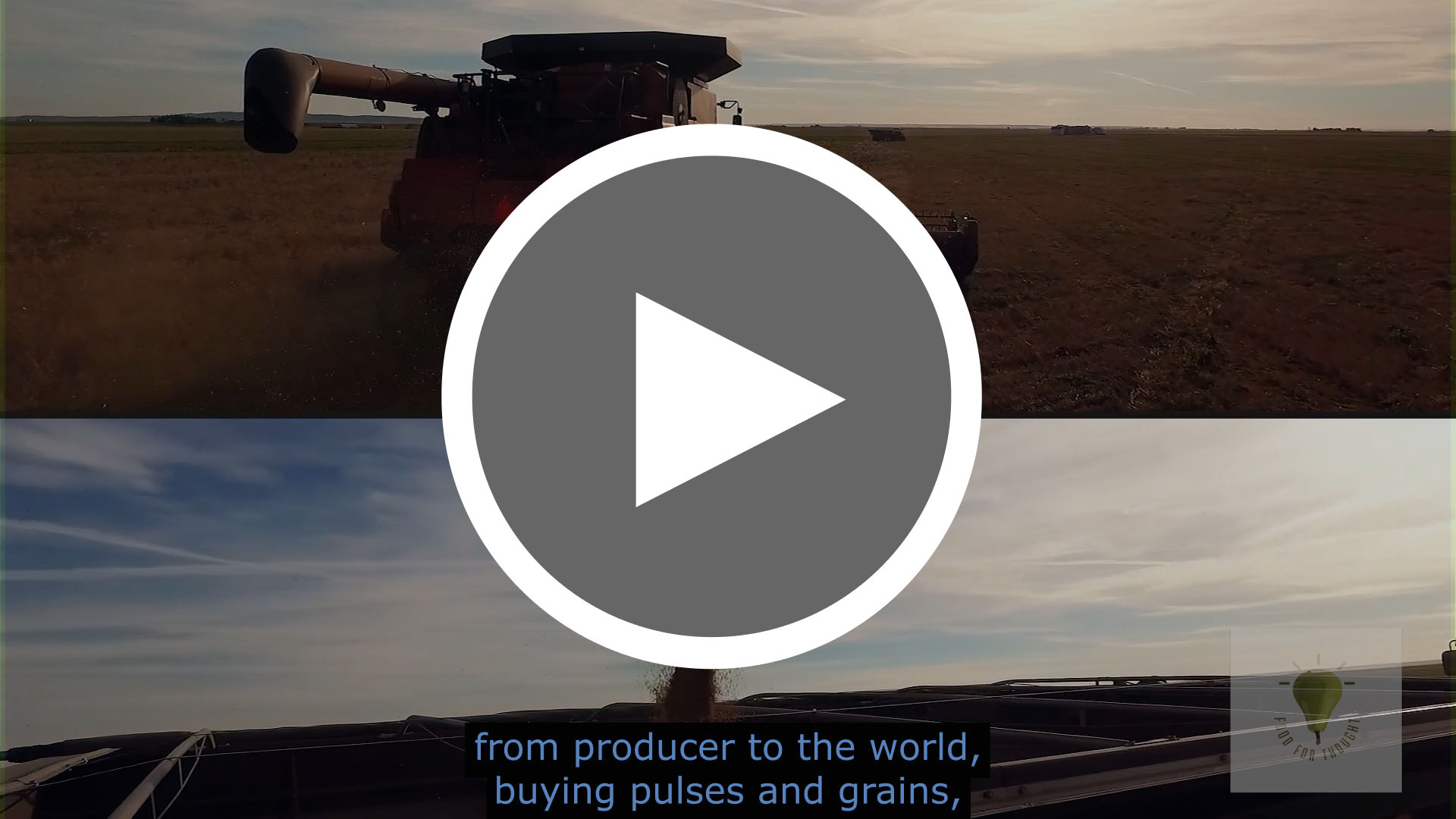
MURAD AL-KATIB
The “Wayne Gretzky” of pulse crops, Murad Al-Katib found a gap in the global market adding to Canada’s agriculture exports in excess of $3 billion annually and also helped to reduce the country’s environmental footprint by sequestering carbon from the atmosphere. How did he do it and what could be the next major innovation in Canada’s agriculture sector?
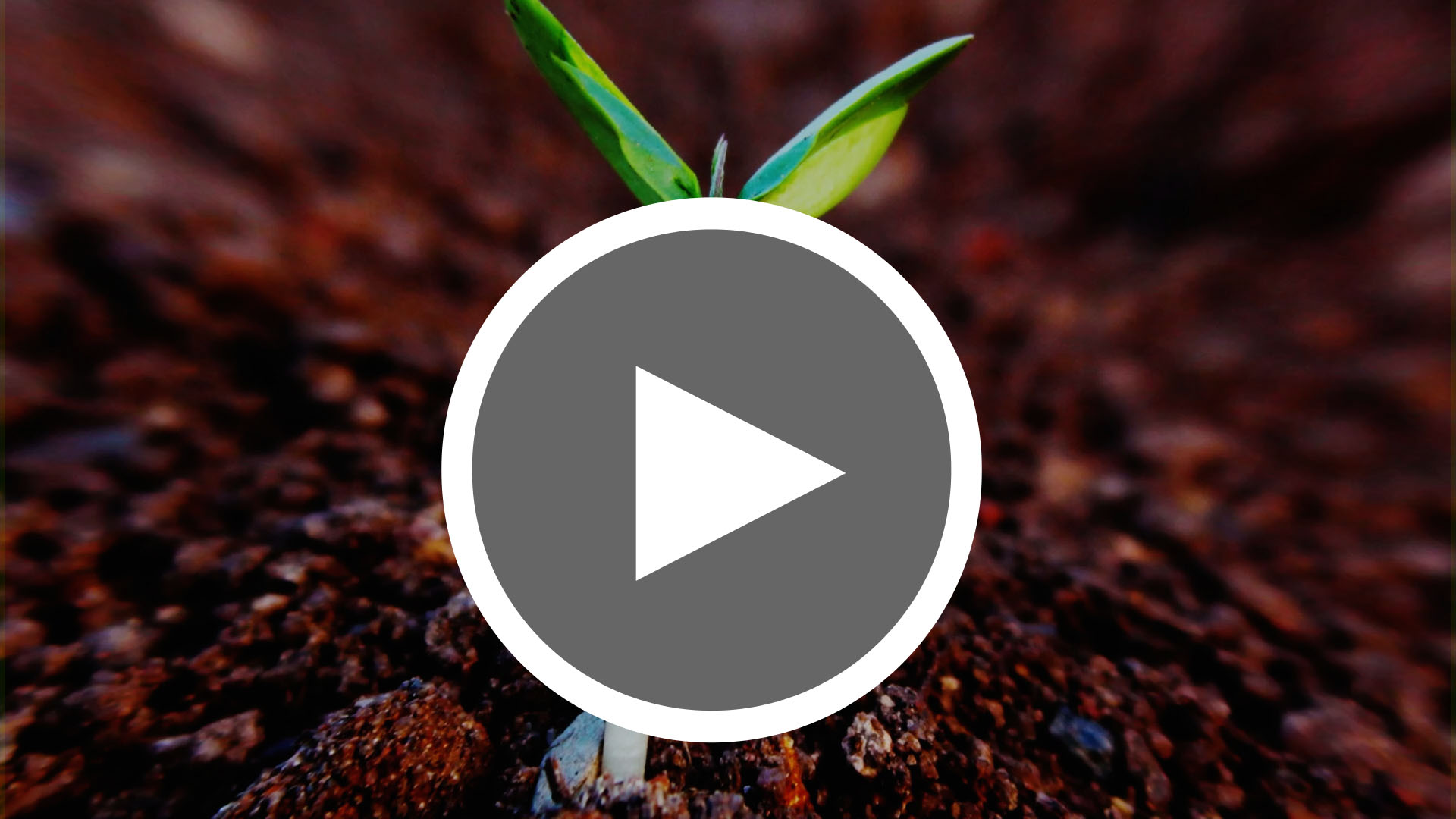
JOHN JAMIESON
As the CEO of the Canadian Centre for Food Integrity, John Jamieson is dedicated to building public trust across the agriculture and food sectors. He helps get to the bottom of burning consumer questions such as “is Canada’s food system safe?” and when it comes to food “who do we trust?”
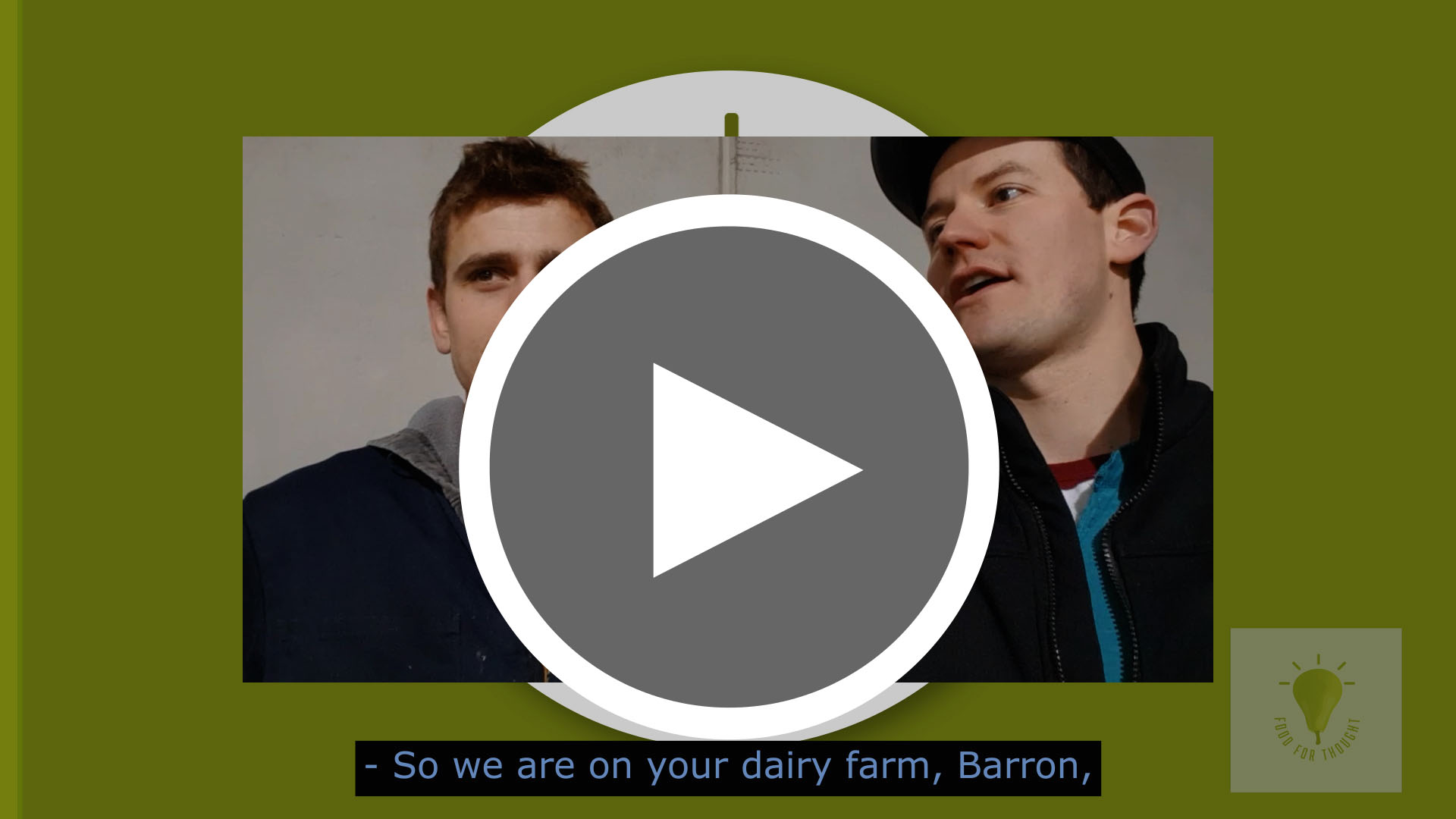
ANDREW CAMPBELL
The average Canadian has little reference to the world of farming, and we don’t often hear directly from the men and women who produce the food we eat every day. A third-generation dairy farmer and agriculture advocate, Andrew Campbell knows that if farmers don’t share their stories, someone else will, and they will likely get it wrong.
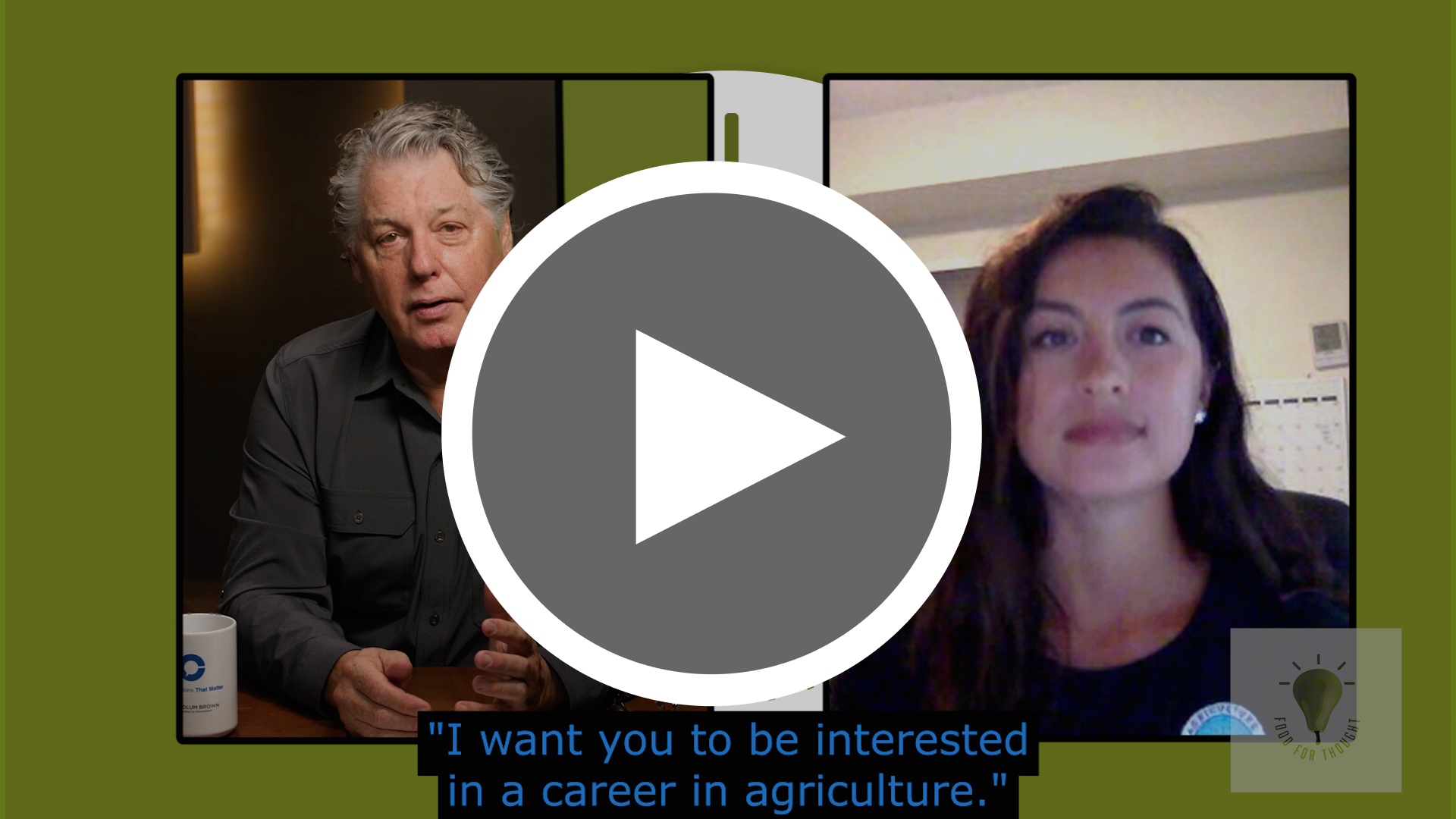
SHAYLA HERTZ
Shayla Hertz manages Agriculture in the Classroom Canada’s thinkAG initiative, which aims to inspire youth to envision future careers for themselves in agriculture and food. Through thinkAG resources and programs, AITC hopes to ignite a passion for agriculture within our food leaders of the future, who will be responsible for feeding the world in the decades ahead.
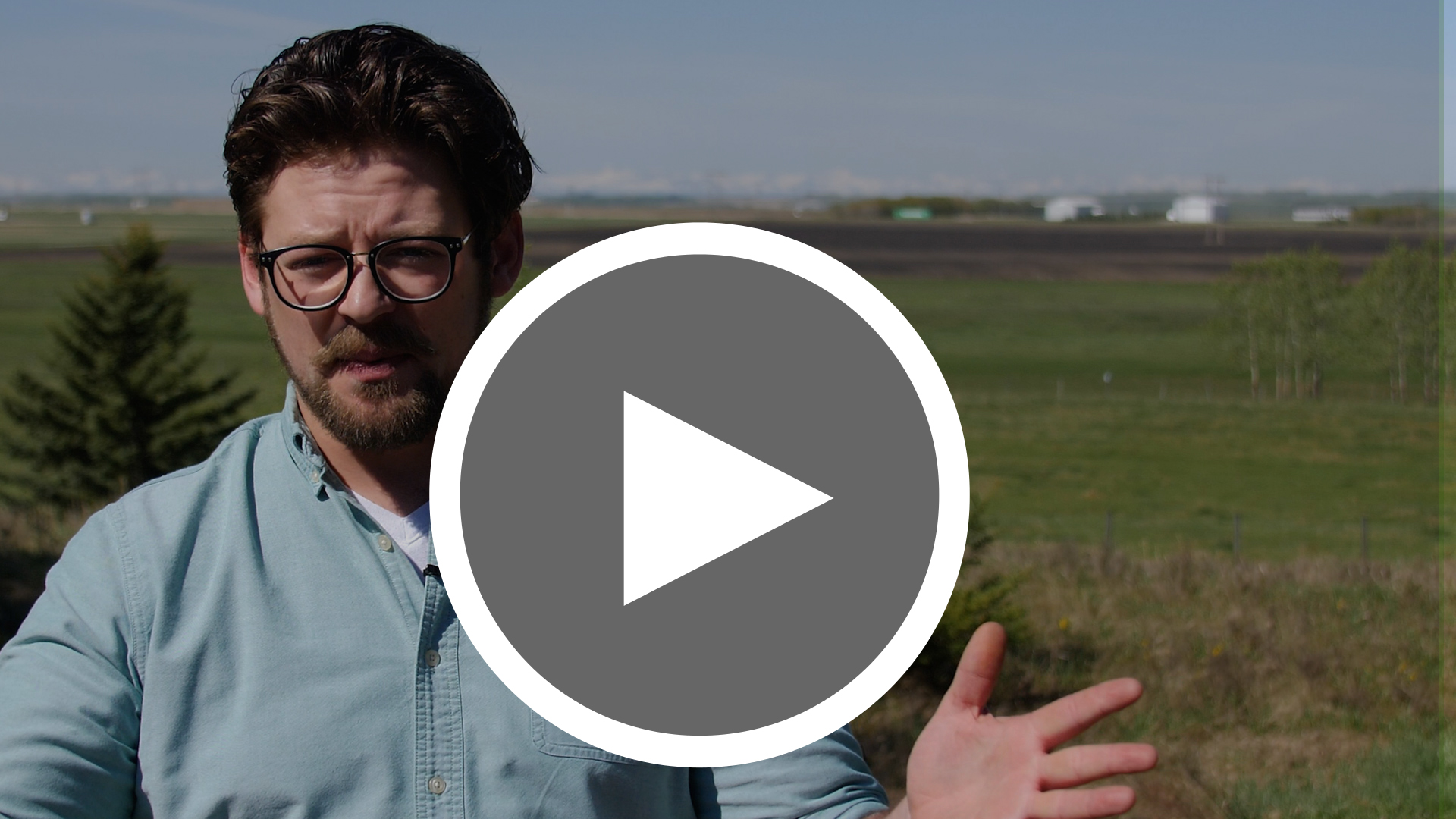
NICK SAIK
Film maker and host of Know GMO, Nick Saik works tirelessly to inform the average consumer about agriculture and farming by dispelling myths and filling in the gaps between perception and fact. He aims to provide his viewers with the information and nuance necessary for ongoing conversations around food production.
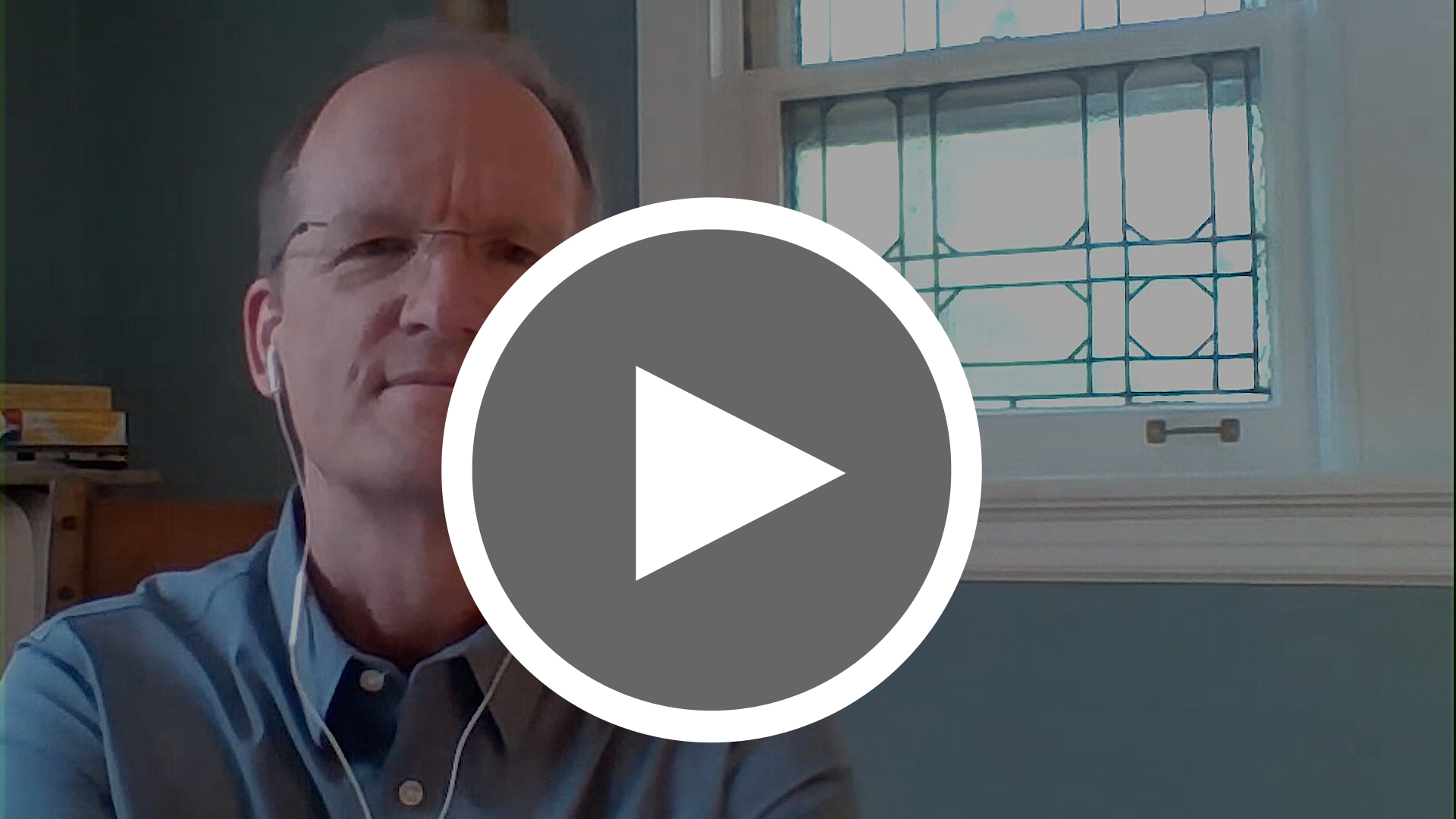
LARRY GILBERTSON
We rarely hear directly from the scientists and researchers who work to better the food we eat every day. Bayer’s Molecular biologist and biotechnologist Dr. Larry Gilbertson reveals the truth around the genetic modification of food and crops and debunks common misconceptions.
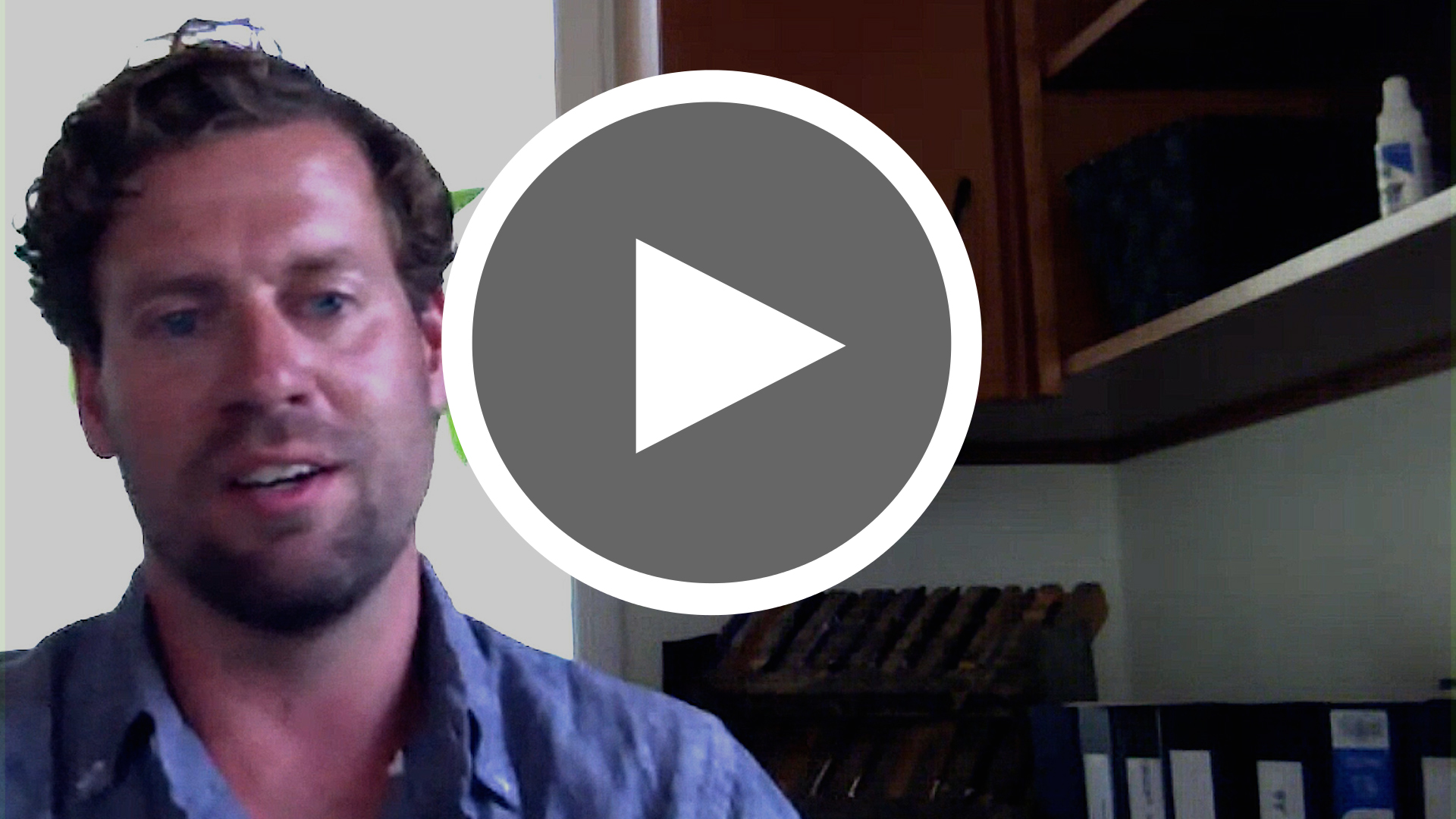
TOBAN DYCK
Southern Prairie farmer, columnist and writer Toban Dyck splits his time between working his family farm and writing about the industry in which he lives and breathes each day. He breaks down the logistics, costs, and realities of what modern Canadian farming looks like.
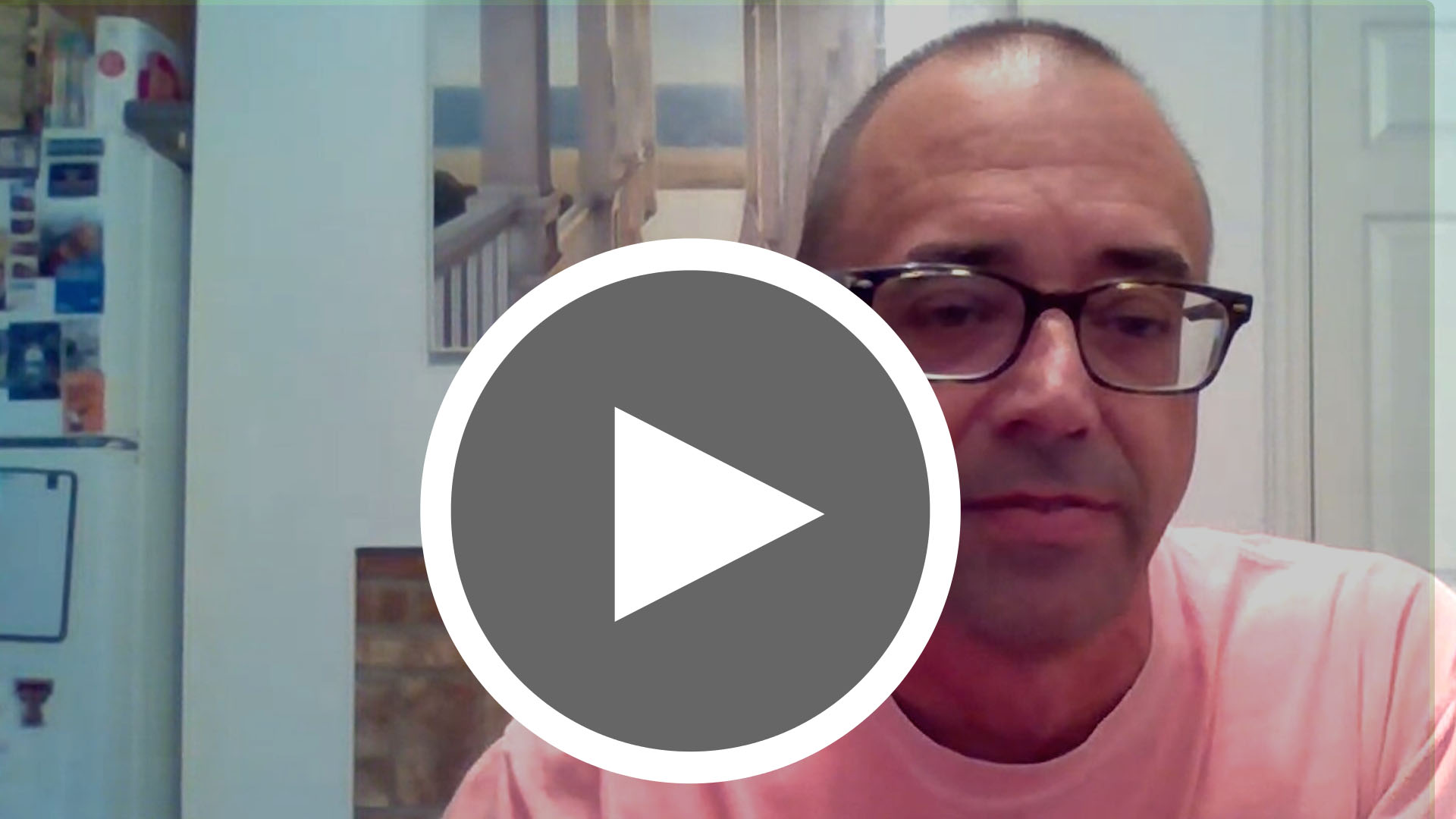
JEFF SEALE
As the Director of Climate Policy & Strategy at Bayer Crop Science, Dr. Jeff Seale knows that climate and agriculture are inextricably connected. What he also knows is that agriculture can be a part of the solution in removing greenhouse gases and carbon from the atmosphere.

